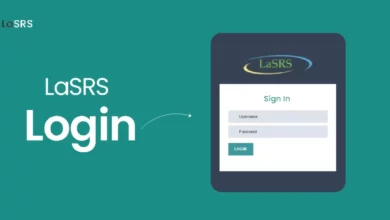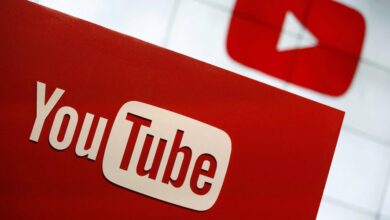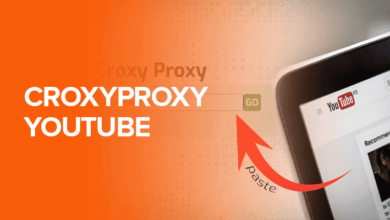
The Coronavirus originally started in December 2020, but it continues to plague the population two years later. As the virus infected millions of people during the first wave of the pandemic, fatalities continued to climb. Americans waiting for the vaccine were met with a short supply, adding uncertainty and fear. The clinics offering the lifesaving vaccine were left scrambling to accommodate an influx of vaccine appointments, while individuals trying to find a vaccine were left struggling with online portals.
A Startup Company Develops a Plan
While many Americans expect corporations and large enterprises to help during an emergency, not many consider the influence a startup company may hold, especially during a global pandemic. Thankfully, a few companies decided to try and defeat the odds, showing the country that the size of a company didn’t determine an ability to connect with the community. Dr. B started in January 2020, when the founder Massoumi determined that clinics and pharmacies were throwing away large amounts of the covid vaccine due to booking errors and general availability. Despite the shortage, clinics and pharmacies couldn’t find enough bodies to fill the no-show appointments and cancelations. With millions of people struggling to find a vaccine, discarding expired vaccines seemed inherently wasteful.
Trying to Build Connections within Traditional Health Care
The entire purpose of Dr. B’s platform was to connect individual clinics and facilities with extra vaccines to interested people still waiting for the jab. The website operated as a standby network, effectively allowing individuals online registration to receive notifications should a local facility have immediate availability. Registered clinics and facilities could upload the anticipated surplus directly to the Dr. B network, with the number of doses and the expiry time.
Once uploaded, Dr. B used the registry to pull qualified and eligible candidates from the standby list. Individuals were prioritized based on the order of contact, particularly with the elderly or immunocompromised. If someone could reach the clinic within the outlined time, they could easily reserve the appointment. When an individual declined the appointment time, the website reached out to additional people on the waiting list to take the spot.
Unexpected Growth Through the Website
At the launch, two clinics registered with Dr. B’s platform. Initially, the establishments hoped to minimize waste overall. The first clinic to register was Brittany Marsh of Little Rock, Arkansas. The drug store owner struggled to use the daily vaccine supply before it expired, feeling pressure to locate individuals wanting immunization. After 22-inches of snow buried the town in February, the pharmacist struggled to find eligible candidates.
Over time, Dr. B’s website collected over 750 different facilities. The locations included vaccine clinics, grocery stores, pharmacies, and medical centers—all of which wanted to reduce vaccine waste overall. Dr. B worked behind the scenes to fill cancelations and ongoing vacancies without the clinic spending additional resources to fill the slots. As news of the standby list gained exposure, interest from the public quickly spread. By 2021, approximately 2.5 million people registered online, joining the waiting list.
How this Startup Collected Information
The extensive reach of the platform showcases the importance of protecting personal data and medical content. Approximately 2.5 million people volunteered their personal information to join Dr. B’s website, wanting to secure a covid vaccine. Users submitted their name, address, employment information, medical issues, and geographic area during the registration process. User details became a reference point for eligibility algorithms, using government-mandated eligibility and ongoing risk factors.
An Intentionally Quiet Launch
A critical detail Massoumi noticed was minimal equality among different communities for vaccine distribution. The founder intentionally avoided all major news outlets and press publications, hoping first to spread awareness to vulnerable communities. Massoumi connected with NAACY, Community Action Network, Indian Health Service, and iHeartRadio’s Spanish-speaking channels. The intentional jumpstart of the information offered at-risk communities a big chance to receive the covid immunization.
How Did the Website Incorporate Government Restrictions?
With the initial vaccine distribution in early 2021, every state implemented its criteria for the vaccine rollout. Several considerations were given to pre-existing medical conditions, occupation, and age. Individuals qualifying for a vaccine still struggle to access them, especially when facing overbooking and backlogs. Dr. B allowed registered individuals to virtually wait for a vaccine opening without spending time trying to find one. The website also reduced accessibility issues, including for those struggling to spend all day in a facility. It also prioritized at-risk members in a logistical and regulated manner.
The Community Effort from Small Startup
The latest global pandemic highlighted the significance of community effort and accessibility improvements to protect the population. When resources are minimal, streamlining the registration process can effectively reduce waste. Dr. B’s website highlights the influential nature of a standby system – functionally connecting providers with those requiring immunizations. The company’s size doesn’t correlate with the impact within an industry.



